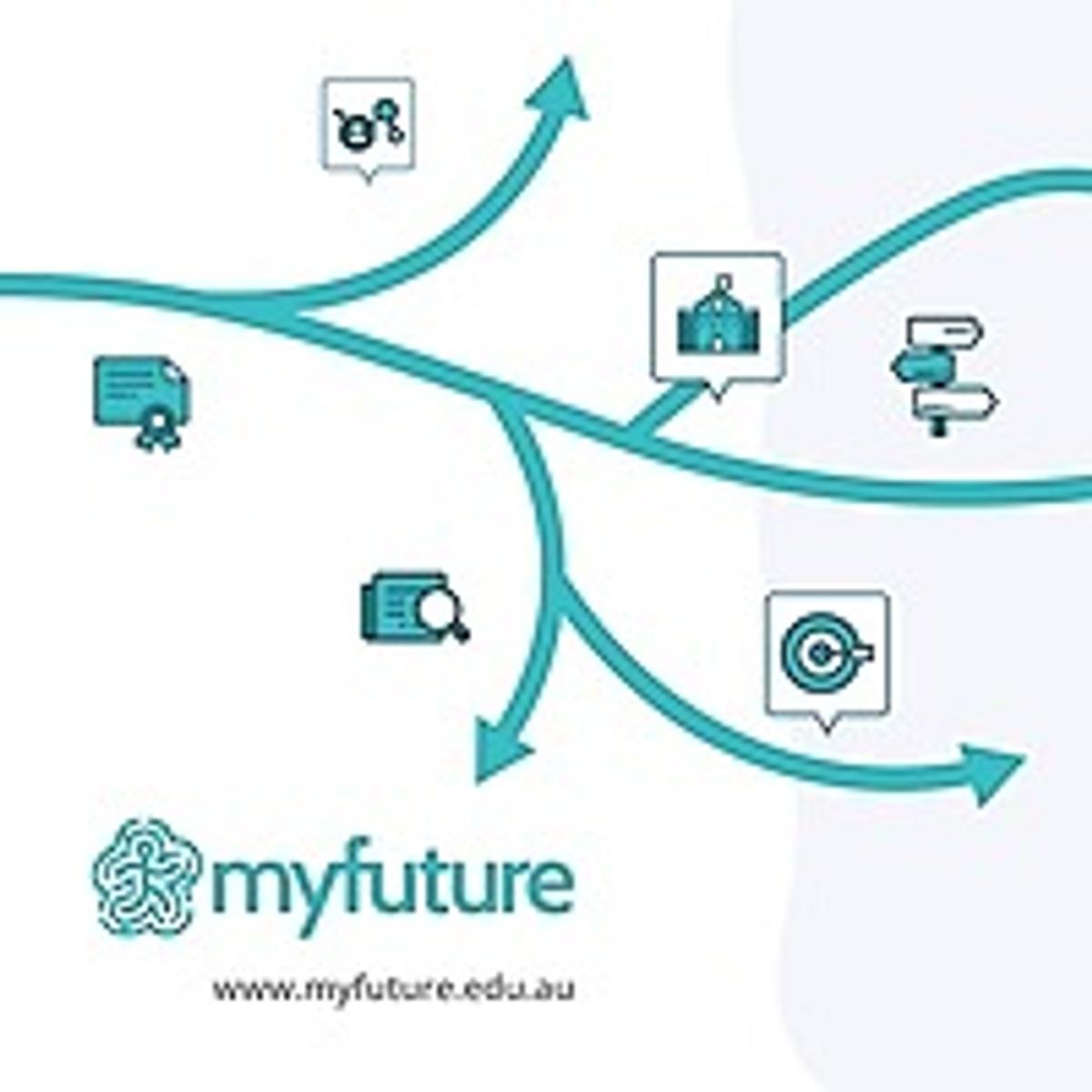Careers News

Helping to prepare young people to become career-ready even at the most difficult times
A recent OECD Education Policy paper focused on three important teenage attributes which act as indicators for whether young people can be expected to do as well as possible in the jobs market. They identified that ‘it matters’:
- What teenagers think about their futures in work
- How they explore their potential futures at home or at school
- Whether they experience workplaces through part-time working, internships or volunteering.
How is Doncaster Secondary College addressing these points through a range of Career Education programs?
What teenagers think about their futures in work
There is hope in the future job market. As the Australian economy rebuilds, there are a number of new initiatives available through State and Federal Government supports:
- JobTrainer - will fund over 340,000 training places to skill up workers for in-demand jobs through free or low-cost training. This program has been extended and will support Apprenticeships and Traineeships
- Free TAFE – for priority courses. A great starting point for school leavers
- Digital Economy Strategy - The digital economy is key to securing Australia’s economic future and recovery from COVID-19. The Digital Economy Strategy targets investments that will underpin improvements in jobs, productivity and make Australia’s economy more resilient.
How they explore their potential futures at home or at school
- All Students - My Career Portfolio
- Year 9 – My Career Insights – Morrisby assessment and counselling Term 2 and 3
- Years 10-12 – DSC Senior Years Career Expo – July 28th
- www.doncastercareers.com – CareerNews links to webinars and information on courses, universities, special programs etc.
Parents and carers webinar
Student wellbeing and career resilience in a rapidly changing world
Friday, 4 June at 12.00 pm
Young people face a future working life which will be marked by constant change. The economic impacts of COVID-19 have caused labour market disruption and job losses for many young people who are over-represented in hard-hit industries such as tourism, hospitality, and arts and culture. Many students have missed important milestones and struggled with the isolation imposed by lockdowns. In this webinar, Dr Lyn O'Grady, a psychologist specialising in the mental health and wellbeing of children, young people and their parents, will explore the potential impacts of the COVID-19 pandemic on student emotional and psychological wellbeing which may create obstacles for students facing complex career decisions and transitions. Lyn will offer practical advice, strategies and resources for parents and carers supporting students in extraordinary times of change.
Whether they experience workplaces through part-time working, internships or volunteering.
- Year 10 – Careers Experience Week – June 21-25th
Students participate in actual work placements or the Virtual Careers Week here at school. Students will explore in-depth a career industry area of their choice and learn more about the world of work.
Ten things to remember
(an expert from the OECD Paper)
- Career guidance matters and can be expected to make a difference to young people. Qualifications alone are not enough – especially when unemployment is high! Help students to become aware of potential employers and attractive to them, preparing them psychologically for the future that awaits.
- Many young people know very little about work - this is a sign of trouble ahead. Career thinking is very often narrow, confused and distorted by gender, migrant status and social background.
- Good guidance not only provides access to information about the jobs market but also addresses the (often unspoken) assumptions and expectations of young people about what work is appropriate for different people to do and what certain jobs, like those entered through vocational education and training, are really like.
- It should start young, encouraging children’s curiosity about the working world and helping them to draw connections between what they do in the classroom and who they might become as an adult. The most important decisions students make about their investment in education do not come at the end of schooling. Career guidance has an important role to play in motivating young people to work hard at school.
- Through their education, make sure that students have lots and lots of opportunity to meet, hear from and speak with people about the jobs they do. The more students engage, the more they find it useful and the better ultimately they can be expected to do in adult work. Think of it as throwing mud at a wall. No one knows what will stick, but the more that is thrown, the more likely it is that something of importance will.
- Make sure that when students engage with employers and people in work that it is authentic – and feels like it. Authentic experiences are hard to ignore. In an authentic interaction with an employee volunteer, for example, a student will feel that they are getting an honest perspective from someone well-placed comment on what it is like to work in a particular occupation.
- A lot of a little can go a long way – students can learn very quickly from authentic experiences such as career talks and benefit from taking part in different experiences.
- Ensure that students have access to impartial, trained career guidance professionals to help them reflect on, and make sense of, who they hope to become and what they are learning from their career explorations.
- Realise that young people have very different access to the information and support that helps in transitions into work. Disadvantaged students especially have a lot to gain from their schools preparing them to compete for available work. If schools do not act, the disadvantage continues unchecked.
- Career readiness is everyone’s responsibility. Good guidance involves the whole school and looks for opportunities across the curriculum and the local economic community (employers, trade associations, trade unions) to bring learning to life by connecting classroom activities with potential future selves.
Student Edge: Meet an acupuncturist
Jesse from Student Edge speaks with Adele about what being an acupuncturist entails and how to get into acupuncture
You can find out more behind the scenes information about popular careers on the Student Edge website.
Latest DSC Career News

